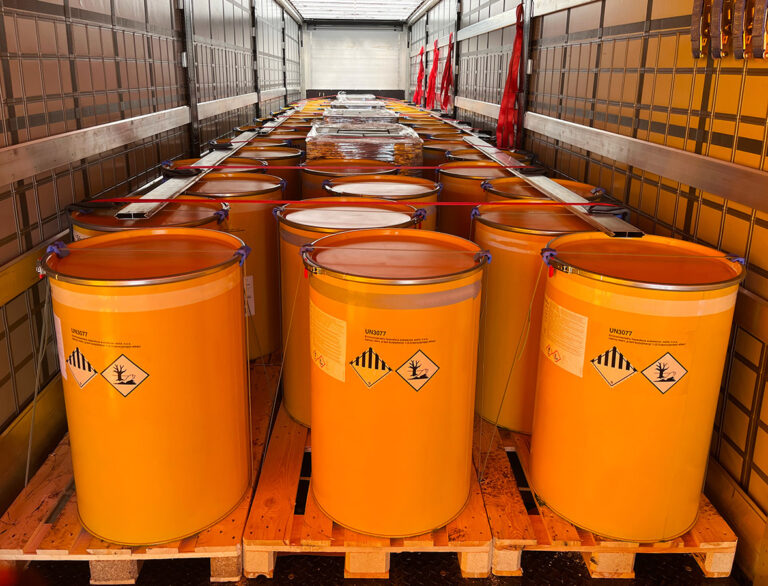NEUTRAL CARGOES
Cargo neutrality means a situation in which the transported goods do not require the fulfillment of additional conditions and do not affect other goods; it does not emit odor, has constant humidity and temperature, and does not pollute the cargo space in any way.
Examples of neutral loads are packed granules, construction chemicals, machinery and equipment, most goods from the automotive industry, steel, fittings, plastic, and metal parts, etc. This type of load can be easily transported together with neutral loads from other customers, so we can offer an attractive price for the transport of even a single pallet. We transport neutral loads in tight and clean loading spaces, and for larger loads we use low-bed semi-trailers or platforms. In this case, at the customer’s request, we can additionally secure the load with a tilt to protect it against precipitation.
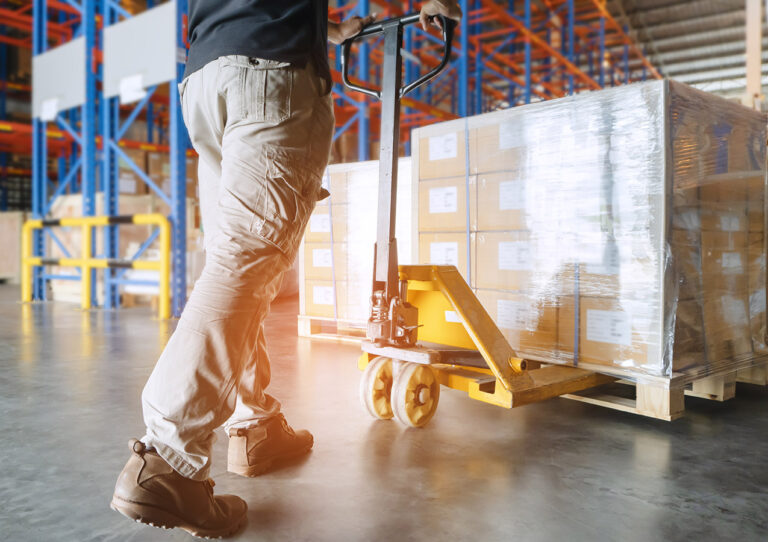

HAZARDOUS CARGOES
Hazardous cargoes are goods classified in The European Agreement concerning the International Carriage of Dangerous Goods by Road (ADR) which, due to their physical or chemical properties, may pose a risk to people or the environment in the event of an accident or uncontrolled release. The transport of dangerous goods requires meeting specific vehicle requirements, the participation of an ADR advisor and suitable driver training. We have appropriate knowledge and many years of experience in the transport of hazardous goods. A lot of ADR goods, which we transport, also require notification via the SENT procedure and need to be transported at a controlled temperature. Most often, we transport dangerous materials from class 2 (e.g. welding gas), class 3 (e.g. resin solution), class 4 (e.g. sodium), class 5 (e.g. hydrogen peroxide), class 8 (e.g. hydrochloric acid) and class 9 (e.g. cellulose).
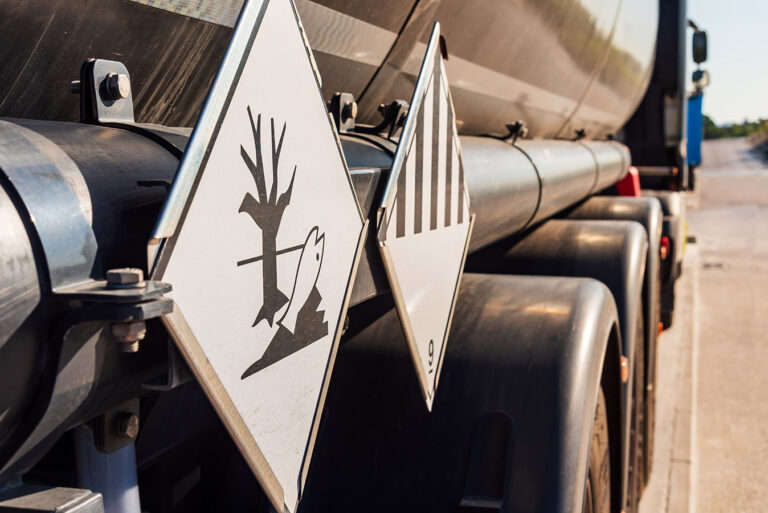

REFRIGERATED CARGOES
Refrigerated cargo is cargo that requires transportation at a controlled minus temperature. Most often, these are frozen food products. Specially adapter refrigerated trailers cool the goods in accordance with the declared temperature. Refrigerators are equipped with recorders with printers that record temperature measurements at a set frequency and confirm that the cargo has been transported in accordance with the requirements. We monitor every transport of refrigerated cargoes with special attention and a goal to avoid downtimes. In case of this type of loads we use dedicated vehicles.
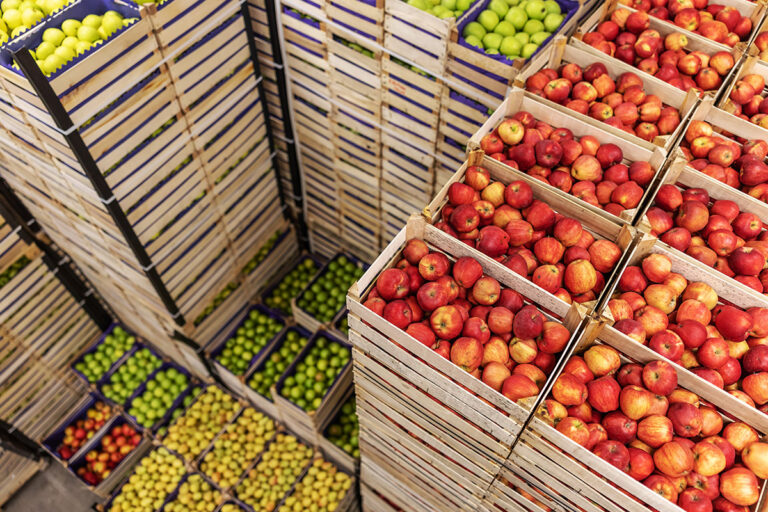

HEATING CARGOES
Heating loads are special loads that must be transported at a controlled positive temperature. Mostly these are food products, but in the winter season many heating transports also include goods from the chemical or construction industry, which cannot freeze. Proper temperature setting during transport is crucial to maintaining the quality and integrity of transported goods. Our forwarders ensure that the transport is conducted with due care and in accordance with the established requirements.
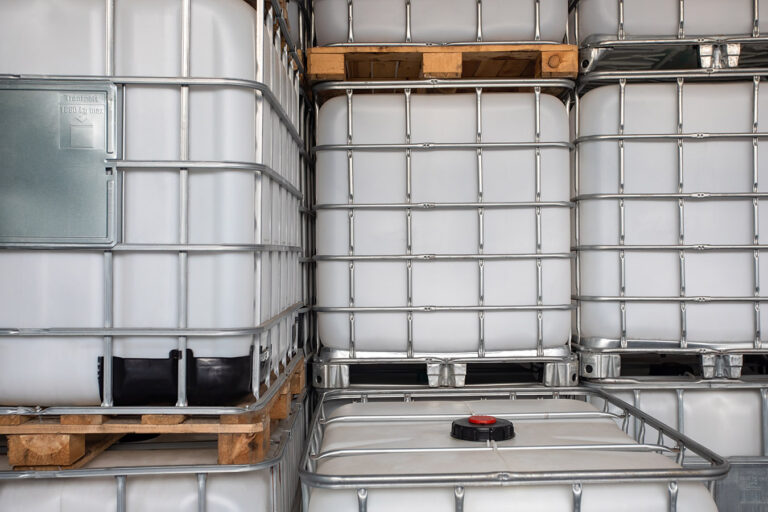

OVERSIZED LOADS
Oversized loads are goods with unusual shapes and large sizes, which, due to their dimensions, require special adaptation of the means of transport. Typically, these are industrial and construction elements, machines, devices, or other products whose sizes do not allow for traditional forms of transport. Oversized loads can be transported using special vehicles, such as low-bed semi-trailers or platforms. Transporting this type of cargo requires a special permission, reliable route planning and sometimes the participation of a pilot. We conduct oversize transport comprehensively, we deal with all procedures and inform you about all costs before accepting the load.
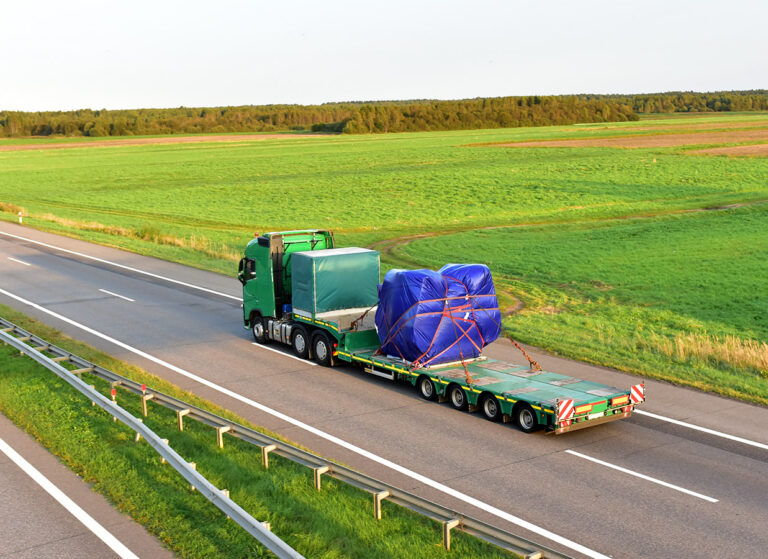

BULK LOADS
Bulk cargoes are friable or granular materials, i.e. composed of fine, unconsolidated, and dry particles. They can also be materials that break down extremely easily into fine particles. Loads of this type can be loose or compact. The group of loose materials includes, among others, sand, gravel, cement, road salt, slag, cereal grains, sugar, flour, dyes, filling materials, granules, etc. Depending on your needs, we have the option of transporting bulk materials by dump trucks, silos or walking floors.
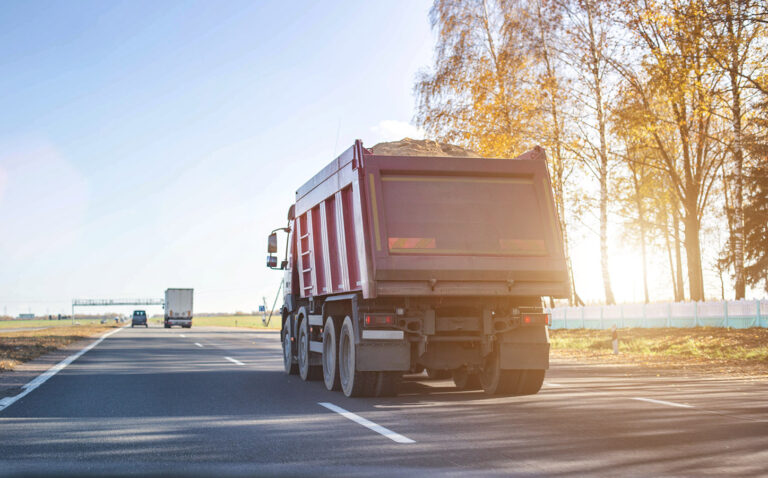

VALUABLE CARGOES
Valuable cargoes are characterized by high material value. This group of goods includes, for example: perfumes, electronics, devices, machines, household appliances, and home electronics, etc. To ensure adequate protection for such goods, we recommend purchasing additional cargo insurance, and using a dedicated vehicle. For goods that are light in weight relative to the size of the load, we suggest you consult with our experienced freight forwarders to determine whether additional insurance is necessary. Thanks to their support, you can be sure that the goods will be properly secured and delivered to their destination safely.
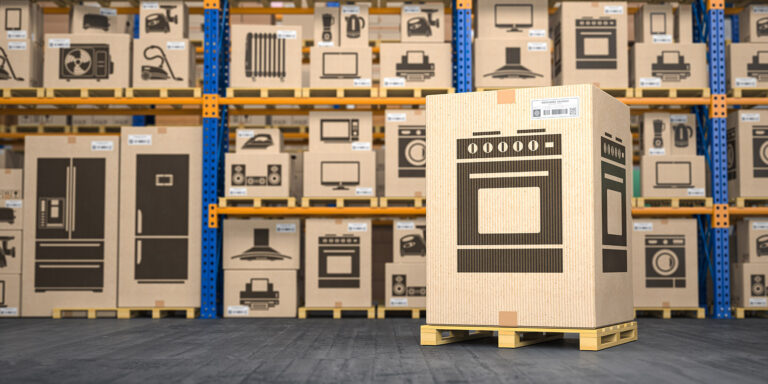

SENSITIVE GOODS
“Sensitive” loads are goods that require reporting, and monitoring in the SENT (Electronic Transport Supervision System) ICT system. Sensitive cargoes include, for example, motor fuels, lubricating oils, thinners, contaminated alcohols, vegetable oils, and solvents. Means of transport carrying sensitive goods must be equipped with devices transmitting geolocation data. As one of the parties to the transport, we complete the notification by adding, among others: carrier’s details, vehicle registration number, transport start date, and planned end date.
